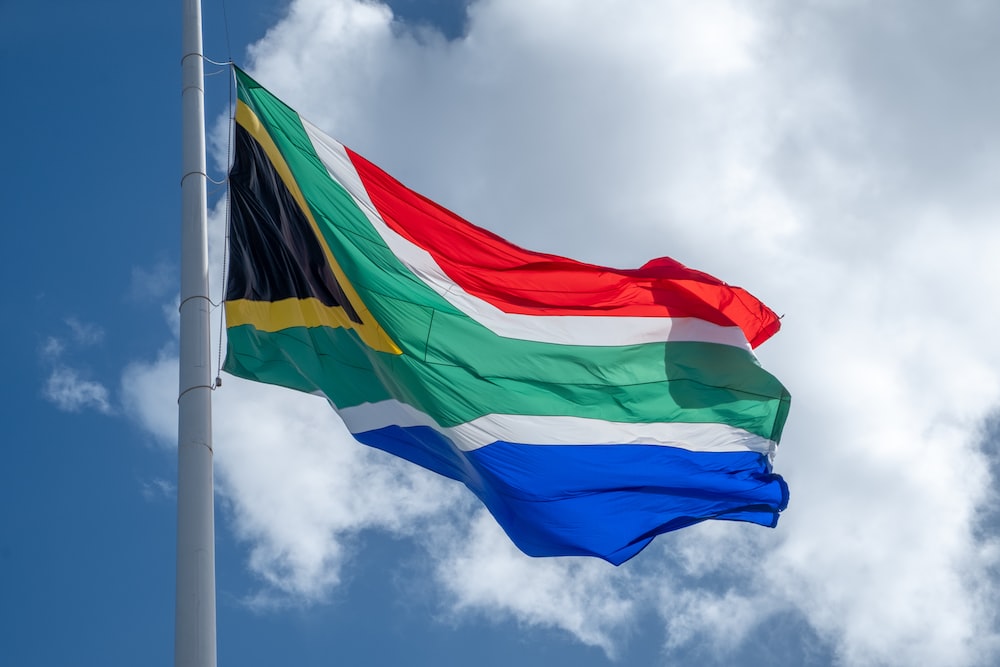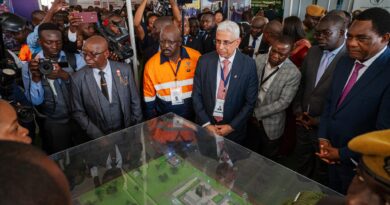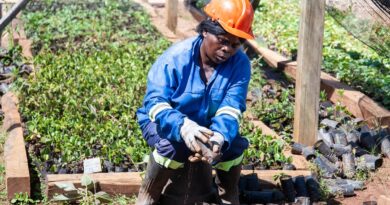South Africa’s Constitutional Court Faces Pressure Over Electoral Act
The Constitutional Court of South Africa is facing intense scrutiny as over 70 civil society movements seek to challenge the constitutionality of the recently amended Electoral Act. Their aim is to postpone the next general elections, which are expected to take place in May 2024, to allow for the implementation of proposed changes.
In February 2023, President Ramaphosa swiftly signed the Amended Electoral Act into law, despite objections raised by the civil society movements and the opposition parties. The amendments have been a subject of concern as many believe they do not adequately address the country’s electoral system.
The lack of trust and cooperation among the mainstream opposition parties has hindered their ability to effectively challenge the ruling African National Congress (ANC). Although they realize that individually, they may not be able to unseat the ANC, internal conflicts and egos have prevented them from forming a united front against the incumbent party.
Similarly, the civil society space is facing a similar challenge, with multiple initiatives vying to lead the country towards meaningful change. While all agree that fundamental changes are necessary to address decades of ANC mismanagement, there is no consensus on how to achieve these changes.
In the midst of this confusion, the ANC has taken advantage and initiated a campaign to downplay its role in the country’s challenges, absolving itself from past wrongdoings. ANC Secretary-General Fikile Mbalula, for example, has made questionable statements regarding the party’s ability to resolve pressing issues, including load shedding, corruption, and governance failures.
As the ANC maintains its grip on South Africa’s political landscape, the country faces a crucial decision in the 2024 general elections. Defeating the ANC will require a remarkable convergence of change-seeking South Africans. However, achieving this unity remains uncertain, as different interests and agendas continue to create divisions.
The civil society movements’ efforts to challenge the Electoral Act before the Constitutional Court are a testament to the stakes at hand. If they succeed, the 2024 general elections may be postponed to allow for comprehensive electoral reforms. Should they fail, South Africans will head to the polls as scheduled, with the country’s future hanging in the balance.
As the legal battle unfolds, the nation watches with anticipation, hoping for a collective and inspirational campaign that transcends individual egos and party affiliations. The outcome of the 2024 elections will define the path South Africa takes, making unity and coherence paramount in steering the country towards a brighter future.



